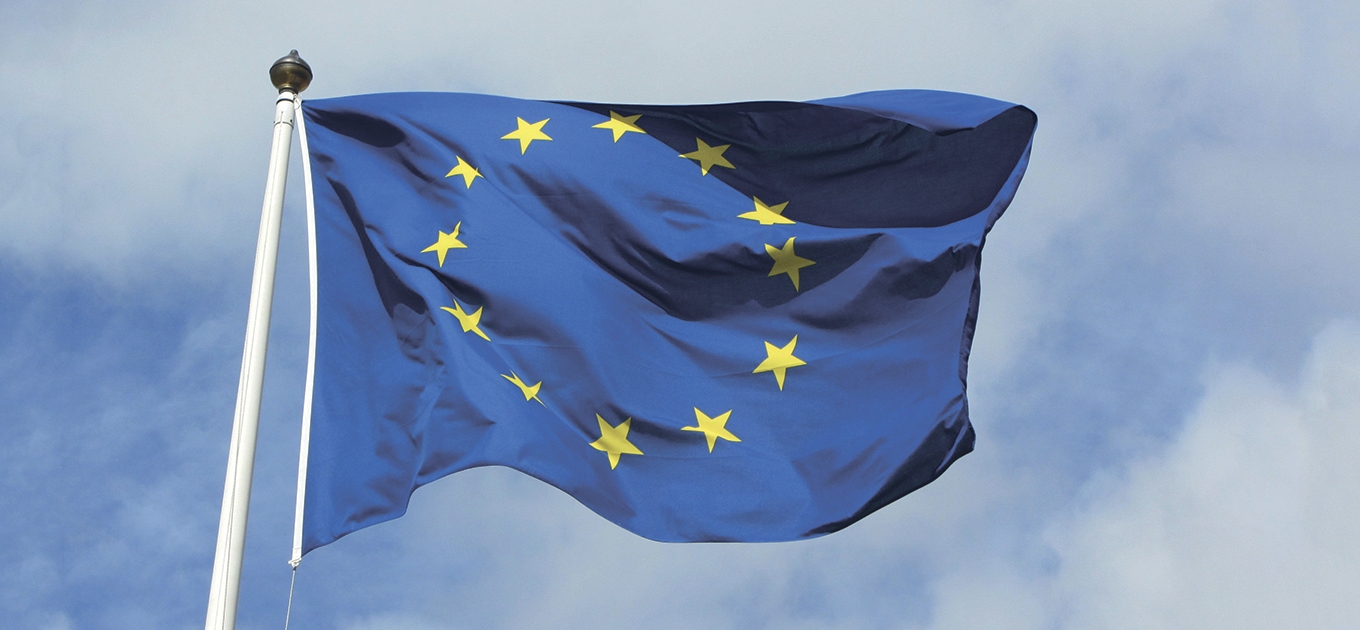28 members, one legal system…
EU law, or European Union law, is a system of law that is specific to the 28 members of the European Union. This system overrules the national law of each member country if there is a conflict between the national law and the EU law.
Why is it important? What does it involve?
EU law relates to a wide range of different matters; from agriculture to competition law. As the European Union grew in size, the idea was to create a level playing field and harmonise the laws across the Union regarding certain matters, mostly trade.
This is a relatively new area of law, which only started to develop in the latter half of the 20th century. EU law is important because it ensures that the populations of the member states are treated, and treat others, equally.
There is often a large amount of paper work involved in this area of law, especially if the case has been brought to the European Court of Justice (ECJ). In order for a matter to be admissible to the ECJ, all domestic remedies must have been exhausted, which means the case must have already been considered in the highest court in the country.
Often these cases can be huge and involve large numbers of people, so will require lots or organisation and delegation. You may also find yourself working on disputes involving other national law systems and languages, which will make matters super complex and multifaceted.
In this area of law, you will either be working for, or against, the state. There are a large number of government lawyers who are required to protect the interests of the state, whilst a number of other lawyers work for private individuals and companies to make sure that member states do not surpass the powers they are given.
You might even find yourself in Luxembourg at some point working at the European Court of Justice (ECJ). This is the highest court in Europe and makes binding decisions for all countries in the EU.
Break it down for me a little bit!
If you are interested in international law, then EU law will offer you plenty of scope for career development. Additional language skills can be useful, especially if you work at the ECJ or on cross border disputes. You can use pretty much any language during a court hearing in the ECJ (Klingon probably isn’t allowed though). However, you should be aware that all the deliberations of the court are in French.

